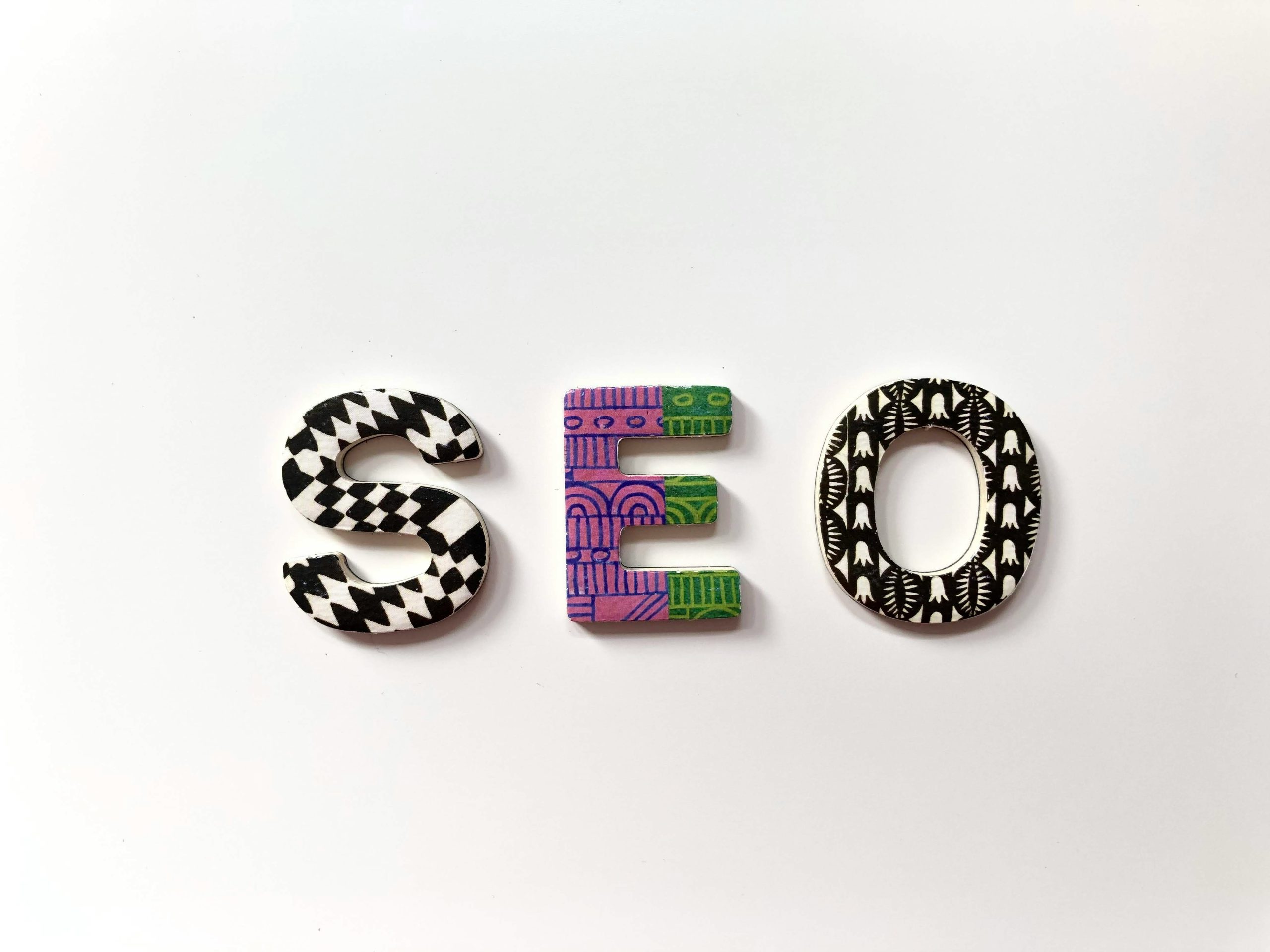Table of Contents
In today’s world, businesses large and small strive to increase their online visibility and attract more visitors to their websites. But how do they accomplish this? The answer lies in SEO marketing, one of the most effective strategies to gain organic traffic and boost a brand’s presence on search engines like Google, Bing, and Yahoo. In this article, we will dive into what SEO marketing is, how it works, and why it’s essential for any business looking to thrive in the digital age.
What SEO Marketing is All About
At its core, SEO marketing stands for “Search Engine Optimization marketing.” It is the practice of optimizing a website to increase its visibility when people search for products or services related to your business on search engines. The better visibility your pages have in search results, the more likely you are to attract attention and generate traffic.
SEO marketing involves various techniques and strategies, all aimed at improving a website’s rankings on search engine results pages (SERPs). Unlike paid advertising, SEO marketing is organic, meaning that its results come from unpaid listings on search engines. While SEO takes time to show significant results, its long-term benefits can be substantial, making it a key part of any successful digital marketing strategy.
The Importance of SEO Marketing
Nowadays, billions of searches are conducted online every day, and ranking high on search engines has become incredibly competitive. Research shows that websites on the first page of Google receive more than 90% of all search traffic. Therefore, it’s no surprise that businesses are increasingly turning to SEO marketing to gain an edge over their competitors.
When executed properly, SEO marketing not only improves your site’s ranking but also enhances the user experience. An optimized website loads faster, is mobile-friendly, and offers valuable, relevant content to visitors. This improved experience leads to higher engagement rates, which can ultimately lead to increased conversions and sales.
So How Does SEO Marketing Work?
To understand how SEO marketing works, it’s important to know how search engines function. Search engines like Google use algorithms, which are complex systems designed to retrieve data from their index and provide the best possible results for a user’s query. These algorithms consider hundreds of ranking factors, which can broadly be categorized into two main areas: on-page SEO and off-page SEO.
On-Page SEO
On-page SEO refers to the elements on your website that you can control directly. This includes:
Keyword Optimization: One of the cornerstones of SEO marketing is the strategic use of keywords. Keywords are the phrases or terms that users type into search engines when looking for information. By researching and using the right keywords in your content, meta descriptions, headers, and URLs, you can help search engines understand what your page is about, thereby improving your chances of ranking higher.
Content Quality: Search engines favor content that is relevant, informative, and answers a user’s query. High-quality content not only pleases search engines but also keeps your audience engaged. Incorporating multimedia elements such as images, videos, and infographics can further enhance user experience and make your content more shareable.
Meta Tags and Descriptions: These are HTML elements that help search engines understand the content of your page. The title tag appears as the headline in search results, while the meta description is the brief summary that follows. Optimizing these with relevant keywords can improve your click-through rate (CTR), which is an essential aspect of SEO marketing.
URL Structure: A clean, well-organized URL structure helps both users and search engines understand what your page is about. Including keywords in your URLs can boost your SEO efforts.
Mobile-Friendliness: With more than half of all internet traffic coming from mobile devices, having a mobile-friendly website is crucial for SEO marketing. Google’s algorithm favors mobile-responsive sites, meaning that websites that don’t perform well on mobile devices are penalized in rankings.
Off-Page SEO
Off-page SEO refers to activities that occur outside your website but still impact your rankings. The most significant factor in off-page SEO is building high-quality backlinks, which are links from other reputable websites pointing back to your site.
Link Building: Search engines view backlinks as endorsements from other sites. The more quality backlinks you have, the more authoritative your site appears to search engines. However, not all links are created equal. It is important to focus on earning links from reputable, high-authority websites rather than engaging in dubious link-building schemes, which can harm your rankings.
Social Media Engagement: While social media itself isn’t a direct ranking factor in Google’s algorithm, having a strong social media presence can drive traffic to your site, increasing its visibility. Shares, likes, and comments on social platforms can amplify the reach of your content, helping you gain valuable backlinks and improve your overall SEO.
Guest Blogging: Writing articles for reputable websites in your industry can help you establish authority and earn backlinks, contributing to your SEO marketing strategy.
The Different Types of SEO Marketing
Now that you understand what SEO marketing is all about and how it works, let’s explore its different types. These include:
Technical SEO
Technical SEO focuses on the backend structure of your website, ensuring that it is easy for search engines to crawl and index it. This includes optimizing the website’s architecture, improving its page speed, and ensuring that your site is secure with HTTPS encryption.
Local SEO
Local SEO is a subset of SEO marketing that focuses on optimizing your website for local search results. If you have a brick-and-mortar business or serve specific geographic areas, local SEO can help you appear in local searches and on Google Maps. Claiming your Google My Business profile, collecting client testimonials, and using local keywords are all essential aspects of local SEO.
E-commerce SEO
When it comes to online stores, SEO marketing is imperative for ranking product pages and category pages on search engines. E-commerce SEO includes optimizing product descriptions, images, and reviews, as well as implementing schema markup to enhance how your products appear in search results.
Video SEO
With the rise of platforms like YouTube, video content has become an essential part of SEO marketing. Optimizing video content by using relevant keywords in titles, descriptions, and tags can improve your chances of ranking in both YouTube and Google search results.
Why SEO Marketing is a Long-Term Investment
Unlike paid advertising, where results stop as soon as you stop paying, SEO marketing offers long-term benefits. By consistently creating high-quality content, optimizing your site, and building backlinks, you can maintain and even improve your rankings over time. While the initial investment in SEO can be time-consuming, the return on investment (ROI) is significant in the long run.
Moreover, SEO marketing is cost-effective. While paid ads can bring instant results, they can also be expensive, especially for small businesses. In contrast, the traffic generated through SEO is organic and sustainable, providing lasting value without ongoing costs.
What is SEO Marketing: Conclusion
In summary, SEO marketing is the process of optimizing your website to improve its visibility on search engines. It involves both on-page and off-page strategies, including keyword optimization, quality content creation, link building, and enhancing the user experience. As competition for search rankings intensifies, businesses cannot afford to overlook the importance of SEO marketing. By investing in a solid SEO strategy, you not only boost your website’s rankings but also improve its overall performance, resulting in more traffic, leads, and sales. Ultimately, SEO marketing is a long-term investment that pays dividends by keeping your business visible and competitive in the digital space.





